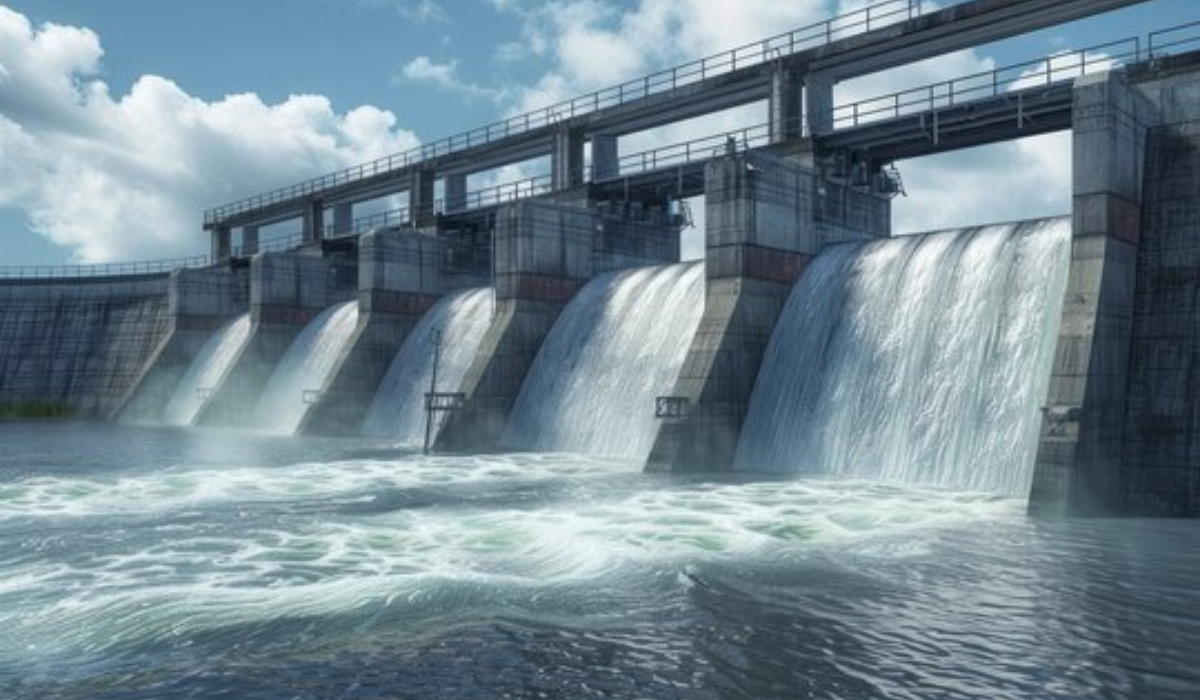The Maharashtra government’s water resources department signed three memoranda of understanding (MoUs) on Monday to develop pump storage hydro power projects with a total capacity of 5,630 megawatts (MW). These projects are expected to attract an investment of Rs 24,631 crore and are projected to create 10,300 jobs.
The initiative aligns with the state government’s decision to increase hydro power generation capacity using a pump storage system. This innovative approach involves generating hydro power from an upper reservoir, storing the water in a lower reservoir, and then pumping it back to the upper reservoir at night to generate more power during peak daytime demand.
Also Read: Elon Musk: Neuralink Aims to Enhance Human Capabilities to Compete with AI
The water resources department, acting as the nodal agency, signed MOUs with state-owned Mahagenco, Tata Power, and Avaada Group to develop the hydro power projects.
Devendra Fadnavis, the Deputy Chief Minister of Maharashtra, mentioned that these MOUs will help the state achieve its goal of generating 50% of its total power from renewable sources by 2030.
Also Read: Pokemon में ‘मिस्टी’ और ‘जेसी’ की आवाज देने वाली ‘Rachael Lillis’ का हुआ कैंसर से निधन
Maharashtra to Boost Power Generation with New Pump Storage Projects by Mahagenco, Tata Power, and Avaada Group
Mahagenco is planning to develop an 80 MW pump storage project at the Koyna left bank dam foot power house. The company, which already operates the Koyna foot storage hydro power project, will see its power generation capacity boosted by this new pump storage facility.
Tata Power has committed to building two pumped hydro storage projects in Maharashtra: a 1,000 MW facility at Bhivpuri in Raigad district and an 1,800 MW facility at Shirawata in Pune district. The company plans to commission these projects by the financial years 2027 and 2028, respectively, with an investment of Rs 13,000 crore.
Avaada Group, a company specializing in green energy, signed MOUs to develop two pumped storage projects with a combined capacity of 2,750 MW. This includes the 1,500 MW Pawana-Falyan pump storage project in Pune and Raigad districts and the 1,250 MW Kumbhavade project in Kolhapur and Ratnagiri districts. Avaada plans to invest around Rs 14,000 crore in these projects over the next five to seven years.
Also Read: ‘राहुल गांधी सबसे खतरनाक, जहरीले और विनाशकारी हैं…’: BJP MP कंगना रनौत
These agreements represent a major advancement in Maharashtra’s dedication to renewable energy and sustainable power production. The pump storage hydro power projects are expected to be instrumental in meeting the state’s increasing energy needs while also helping to achieve its renewable energy goals.
This initiative also underscores the growing partnership between government entities and private sector companies in executing large-scale infrastructure projects. As these projects move forward, they are anticipated to have a significant influence on Maharashtra’s energy sector, potentially serving as a model for other states aiming to enhance their renewable energy capabilities.


[…] Also Read: Maharashtra Signs Rs 24,631 Crore Hydro Power Project Agreements […]
[…] Also Read: Maharashtra Signs Rs 24,631 Crore Hydro Power Project Agreements […]
[…] Also Read : Maharashtra Signs Rs 24,631 Crore Hydro Power Project Agreements […]
[…] Also read : Maharashtra Signs Rs 24,631 Crore Hydro Power Project Agreements […]
of course like your website but you have to check the spelling on several of your posts A number of them are rife with spelling issues and I in finding it very troublesome to inform the reality on the other hand I will certainly come back again
O que eu não entendi é que, na verdade, você não é muito mais inteligente do que seria agora. Você é muito inteligente. Você sabe muito sobre esse assunto e me fez acreditar nisso de vários ângulos diferentes. É como se mulheres e homens fossem não estou interessado, exceto que é uma coisa a realizar com Woman gaga Suas próprias coisas são excelentes Sempre cuide disso
[…] Also Read: Maharashtra Signs Rs 24,631 Crore Hydro Power Project Agreements […]
[…] Also read: Maharashtra Signs Rs 24,631 Crore Hydro Power Project Agreements […]
[…] Also Read:Maharashtra Signs Rs 24,631 Crore Hydro Power Project Agreements […]